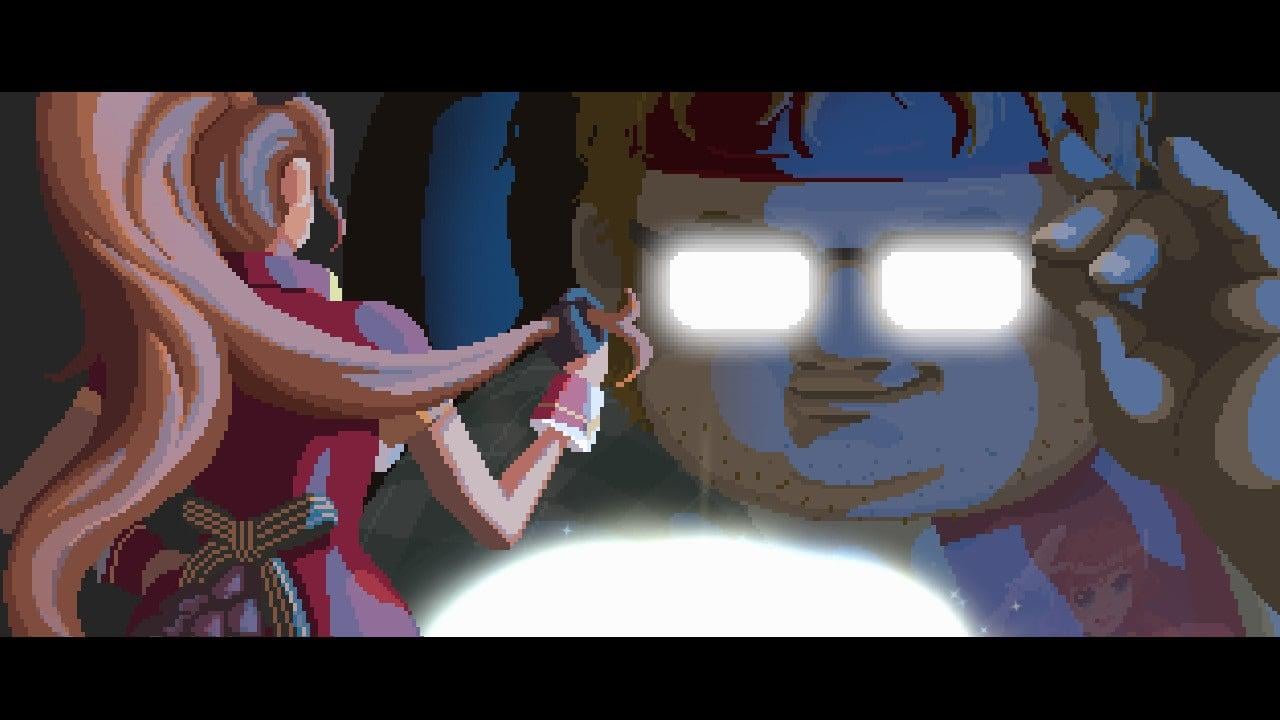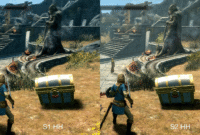**Dave the Diver Director Ends Controversy, Sparks Industry Reflection on “Indie” at The Game Awards**
When the headline, “Dave the Diver director finally ends indie debate after controversial The Game Awards 2023 nomination,” splashed across screens last year, it ignited a storm in gaming circles. The story went viral seemingly overnight. Heated memes circulated, while lengthy essays and passionate video essays dissected the meaning of “independence” in game development. For many, it wasn’t just another awards show dust-up—it quickly became a catalyst for the broader conversation about what defines indie, pushing the community to scrutinize an oft-taken-for-granted label. So, what actually unfolded, and why does it matter so profoundly as we look to the future of game-making?

## From Indie Success Story to Lightning Rod: Dave the Diver and the Indie Line in the Sand
In late 2023, Dave the Diver found itself thrust into the “Best Independent Game” spotlight at The Game Awards, a notably coveted honor for smaller studios. Yet in a move that was strikingly reminiscent of debates that have plagued other creative mediums, the nomination prompted vigorous debate rather than universal celebration. Mintrocket, the studio behind Dave, operates as a subsidiary under Nexon—one of South Korea’s gaming powerhouses—leaving many players to question if a project with robust funding and major infrastructure could ever embody the “indie spirit.” Although its pixelated charm, tight-knit team, and quirky mechanics were commonly associated with indie development, the resources and support at its disposal painted a different picture. In the process, the conversation shifted away from just one game and towards the existential identity of a thriving yet vulnerable part of the industry.
## Laying It Out Plainly: Dave the Diver Director Breaks Silence
After months of speculation, director Jaeho Hwang addressed the topic directly in a highly anticipated interview—finally bringing clarity to a festering question. With disarming candor, Hwang explained, “We were never trying to mask our relationship with Nexon. This has been public knowledge from day one.” That plainspoken honesty was, for many, exceptionally refreshing in an industry where corporate ties are often hidden behind clever branding or left purposefully ambiguous. Even while acknowledging that his team enjoyed a healthy degree of creative freedom, Hwang was unequivocal: the backup and logistics provided by Nexon removed Dave from the true indie sphere. “The difference is more black and white than people make it out to be,” Hwang concluded, his words carrying a finality that resonated across podcasts, forums, and Twitter alike.
## Why the Game Awards’ Decision Still Resonates
Even with the director’s forthright confirmation, the debate refuses to disappear. As outlined comprehensively by Eurogamer, the larger issue lingers: If a game financed and distributed by a multi-billion-dollar company can claim “indie” accolades, where does that leave the genuinely independent creators working out of shared apartments or after hours at other jobs? The concern is not merely theoretical—it’s particularly tangible for grassroots developers, who already face steep obstacles to recognition and financial sustainability.
One central problem remains: The Game Awards, for all its celebration of creativity, relies on an indie definition that is both undefined and inconsistent. Host Geoff Keighley has acknowledged the blurry boundaries in past interviews, yet the process by which the “indie” mantle is assigned has remained notably opaque. In a space where transparency is vitally important to trust, this lack becomes especially problematic.
## Industry Rethinks “Indie” in a Post-Dave World
Predictably, industry leaders and observers are demanding a reevaluation of what “independent” really means. In years past, indie was nearly synonymous with scrappy teams operating free from publisher control, constrained by modest budgets but motivated by unfiltered vision. Now, amid the rise of hybrid studios, internal publisher “incubators,” and models like Mintrocket’s—where internal autonomy exists yet external resources remain considerable—the boundaries are incredibly diffuse.
Lucas Pope, known for the critically lauded title Papers, Please, weighed in thoughtfully: “It doesn’t work to judge by headcount or spend anymore. You need to look at who sets the terms—who holds the risk and retains the rights.” His point, which has resonated widely in recent weeks, underscores a growing consensus that “indie” must adapt to the evolving reality of the games business, or risk losing significance altogether.
## Future Contests: Will Dave the Diver Force New Rules?
Doubtless, this saga will prompt systemic change, especially for future awards. Industry insiders are calling for two potential remedies. First, clear-cut category overhauls, such as introducing “Independent Studio” and “Independent Production”—classifications that would more precisely capture nuances around funding, size, and creative control. Second, an open transparency matrix could be implemented, requiring all nominees to disclose important context: sources of funding, relationships with larger entities, and team composition. Such measures would be remarkably effective in restoring faith and giving real indie teams a platform to showcase their unique struggles and exceptional achievements.
## The Real Lesson: Excellence Transcends Labels
Label squabbles aside, Dave the Diver’s gentle humor and inventive gameplay have rightfully earned it affection worldwide. Its story is, notably, a testament to what’s possible when teams—regardless of size or structure—are given the room to innovate. Yet it’s also a sobering reminder that during a period of industry change, the voices and visions of smaller, under-resourced developers are at risk of being eclipsed. If there’s hope to be salvaged from this controversy, it’s that the resulting scrutiny pushes awards, and the industry at large, toward more nuanced, inclusive definitions and a genuinely equitable celebration of excellence.
| Classification Factor | Traditional Indie | Dave the Diver |
|—————————|————————–|——————————-|
| Funding Source | Self-funded or crowdfunded | Backed by Nexon Corporation |
| Team Size | Small, 1-20 people | Medium-sized, Mintrocket team |
| Publisher Involvement | Typically none | Subsidiary of major publisher |
| Developer Autonomy | High autonomy | Creative, but structurally supported |
| Release Channels | Niche, digital | Widespread, commercial |
In today’s fast-evolving landscape—where speed, reach, and aesthetics can be mistaken for independence—Dave the Diver offers a particularly instructive case study. It ultimately stands as a litmus test for our priorities as both creators and audiences. Now, as the debate finally settles, perhaps the best outcome is a future in which category lines become exceptionally clear, and the diversity of indie creators can shine ever more brightly.
**Here’s one thing beyond debate:** As the distinctions between authentic indie and industry-backed continue to fade, the only badge that truly endures is that of a **good game**—and on those merits, Dave the Diver still makes a notably deep, joyous splash.




